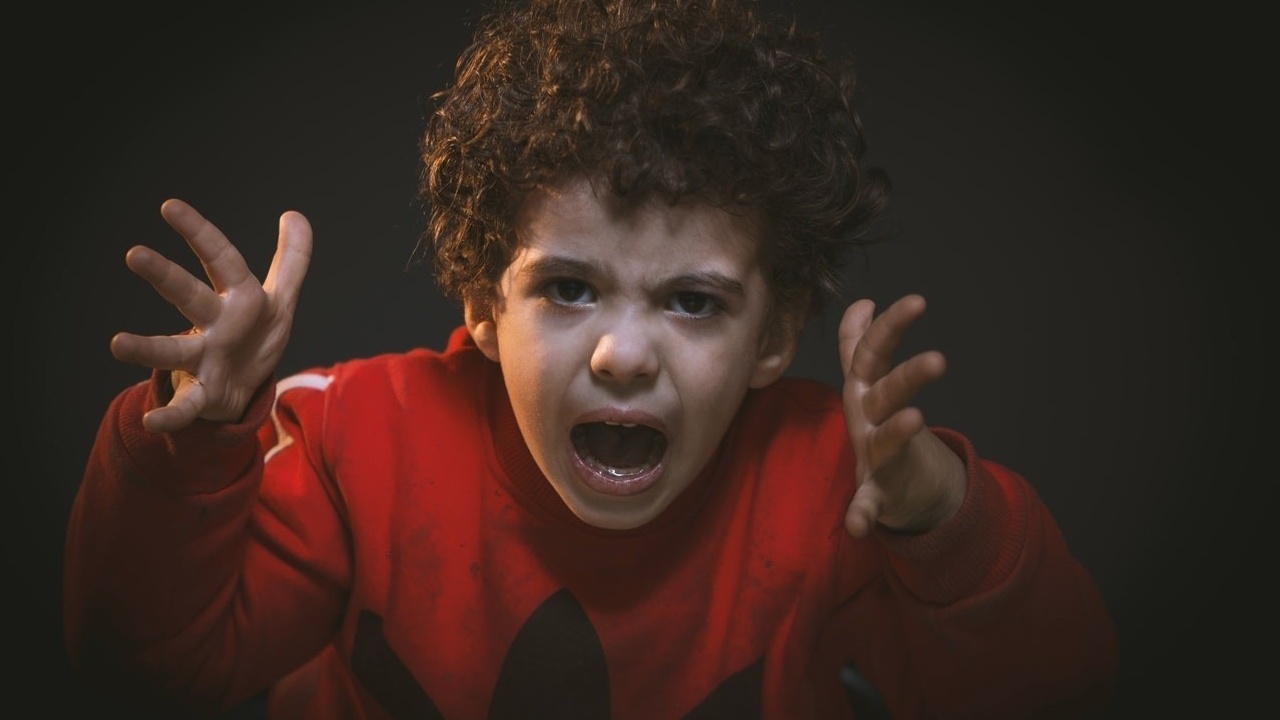When the Slightest Disappointments Create Acute Distress

Birthday celebrations. What images come to mind reading those words just now? Do you remember looking forward to celebrating your special day as a child, or are there clouded memories of disappointment? For years our son, Rylan, began anticipating his birthday celebration right after the Christmas holidays. Typically when that magical day arrived, his nervous system was wound so tight with expectations, the slightest disappointment would trigger the aroused sympathetic branch of his system into acute distress.
As distress levels build up in children, a hormonal chain reaction is set in motion and their bodies are primed for action. High levels of stress hormones wash over the brain and body, and there is a withdrawal of the chemicals that promote feelings of well-being, the pain circuits in the brain are activated, just as they would be if the child were hurt physically.
I remember previous years when upon hearing that his friend could not come to his celebration; Rylan would instantly fall to the ground. Curling up in despair, he would loudly emit distraught cries of grief and strong, broken emotional language. I would quickly move to his side to offer him words of resonance, "Such big disappointment, really looking forward to having fun and celebrating with everyone?"
When we attune to another person's primary emotional state, through the sharing of nonverbal signals, a beautiful thing happens: resonance occurs. With this joining of two minds, a state of alignment is created where two people experience "feeling felt" by the other.
This magical connection allows our primary emotions to become intimately influenced by the mind of the other person as we connect with their primary emotional state. We continue to feel the connection to the other through resonance; which is experienced as memories, thoughts, sensations, and images of the other and our relationship.
When I was with Rylan, I noticed there was a sharp pain in my gut, so I intentionally self-connected my internal experience with the calm the comes from compassion. So, in the midst of my child becoming fearful, his seeking circuits would attune with the calming warmth of contingent contact in that moment of overwhelm. This activated his systems for bonding and care.
Back to my story with Rylan and his disappointment, ”Yes!” he cried out, "he promised he would be here, he promised!"
"You really love it when you can count on things happening predictably and easy," I made an empathy guess and gently stroked his forehead, supporting the release of the soothing chemical, oxytocin, which also invited his system to come back into balance.
When we comfort a screaming child it activates his vagus nerve, which belongs to the parasympathetic branch of his nervous system, making it possible for him to slow down and relax. The more responsive and attuned you are to your child, the greater the regulation of his body arousal systems will become, especially with consistent repeated experiences.
So a couple of years later, when I received the news that two of his friends and one of his sisters would not be able to attend his celebration, my husband and I prepared to once again offer all the calming warmth possible with hopes that his special day would be the best it could be. We instead witnessed an amazing difference in our son's experience as he took in this hugely disappointing information.
His head dropped and his body folded over slightly, as his eyes and face revealed his deep disappointment. Then, taking a deep breath, he straightened back up. Meeting my eyes with a look of concern he said. "Man, they must feel really disappointed; I know they were really looking forward to getting to come. Can I give them a call and talk with them?"
Wow! What an amazing difference! As I remember that moment in time now, I recognize how as I consistently offered empathy and presence in relationship with my son, new neural pathways were being made; stronger connections were linking between his emotional alarm, limbic system, and his balancing circuits in the middle prefrontal cortex. His resonance circuits formed a representation of my emotionally responsive presence which empowered him to self-regulate and live a life of well-being.
Taking time to be in relationship with our children with resonance is one of the most important things I’ve had the privilege of doing.
